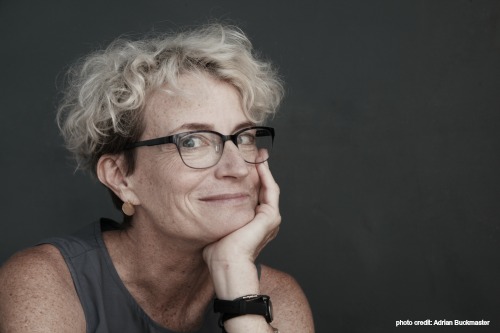Ashton Applewhite
I didn’t set out to become a writer. I went into publishing because I loved to read and didn’t have any better ideas. I had a weakness for the kind of jokes that make you cringe and guffaw at the same time, my boss kept telling me to write them down, and the collection turned into the best-selling paperback of 1982. I was a clue on “Jeopardy” (“Who is the author of Truly Tasteless Jokes?” Answer: “Blanche Knott.”), and as Blanche made publishing history by occupying four of the fifteen spots on the New York Times bestseller list.
My first serious book, Cutting Loose: Why Women Who End Their Marriages Do So Well, was published by HarperCollins in 1997. Ms. magazine called it “rocket fuel for launching new lives,” and it landed me on Phyllis Schlafly’s Eagle Forum enemies list. The catalyst for Cutting Loose was puzzlement: why was our notion of women’s lives after divorce (visualize depressed dame on barstool) so different from the happy and energized reality? (Hint: sexism and patriarchy.) A similar question gave rise to This Chair Rocks: why is our view of late life so unrelievedly grim when the lived reality is so different? The answer, of course is ageism (along with sexism, and patriarchy, and capitalism). If aging is framed as a problem or disease, we can be sold stuff to “fix” or “cure” or “stop” it. In fact it is a natural, powerful, lifelong process that unites us all.
I like the thinking part of being a writer, but find the writing part extremely slow going. My daughter once asked me why I do it if I find it so hard, and I blurted, “Because it feels great to read something good that I’ve written.” I write because I have what feels like an important message to convey, and I am nothing if not dogged.

